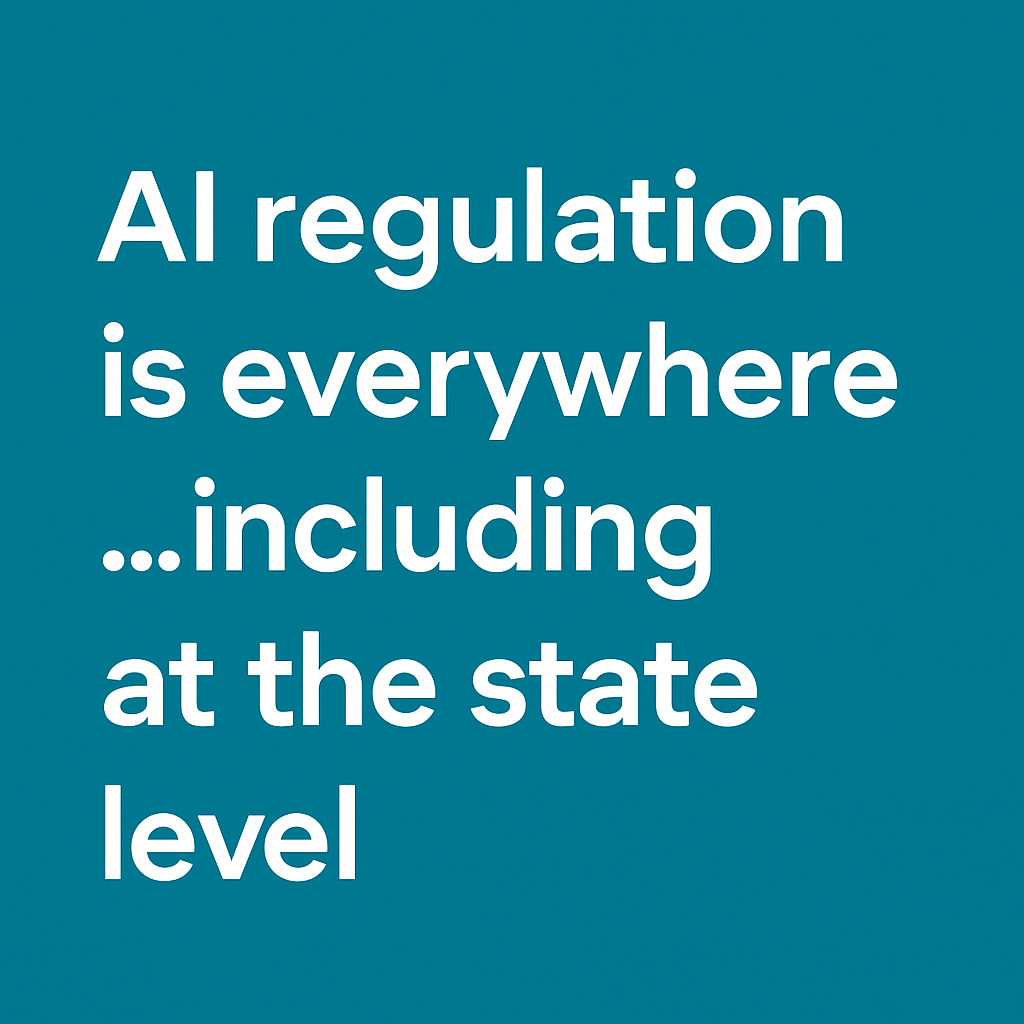Generative AI applications have been quick to take the world by storm—but it seems like that shockwave hasn’t quite yet made its way to the financial services industry in a transformative way. Let’s explore where things stand.
How financial firms are using generative AI
Some financial services firms already use generative AI for regular business functions, including content creation for customer service experiences (such as chatbots) or marketing materials (such as email campaigns and social media copy). Others use it as an internal search tool for advisors or as a tool for developers.
Financial firms have yet to fully leverage generative AI for core business functions because those models have not been built—but they’re coming.
Generative AI is not yet designed for financial services
Today’s generative AI models were trained on publicly available internet data, not financial services-specific data. As a result, existing generative AI models may not always make well-informed decisions or produce well-informed content, since they have not been fine-tuned for use by financial services firms.
Generative AI for financial services firms will require an extra layer of context-specific training data to achieve the necessary level of data security and allow customers to input sensitive client data without its being compromised. These models will likely need to be developed and deployed in-house.
This isn’t to say generative AI can’t or won’t be used more widely by financial services firms—its development is in progress and will be layered onto what exists today.
How financial firms could use generative AI for core business functions
Specific to the financial services industry, most of generative AI’s potential benefits have to do with its ability to number-crunch on a massive scale and then deliver digestible takeaways. Generative AI could help firms understand key financial datapoints faster and more accurately, unlocking insights into proposed investments, customer behavior, and potential risks, to name a few. In turn, generative AI could transform these data insights into reports of any length and reading level for the relevant audience, whether that’s CFOs, clients, or analysts. Generative AI’s capacity to produce actionable research might just be unparalleled.
Generative AI could also help make financial services products more accessible and efficient. Its models are robust and large enough to house in one place all the building blocks that make up a financial services product, so transactions that historically required multiple parties, data sources, and modes of interaction could be streamlined and made more secure.
Financial firms are skeptical of generative AI
Until generative AI models are ready for financial services firms, the industry remains risk averse. Firms have several concerns:
- The industry is notoriously conservative and is often a slower adopter of tech since the need for accuracy is so high. Entrusting generative AI with sensitive information is risky—one misstep could cost a firm its client base, reputation, or license.
- Generative AI is not always 100% accurate, which can be problematic in an industry which demands accuracy. But if AI can complete tasks at 90% accuracy, humans can be double-checkers rather than creators, increasing efficiency.
- Data privacy in generative AI applications is not guaranteed. Some applications have used customer data to train their models, meaning that content fed into the application is not guaranteed to remain private. This can create a huge risk for financial services firms, as the protection of client data is of the utmost priority.
- There are also the now-standard concerns surrounding generative AI: data quality and bias, algorithm bias, deepfakes, hallucinations, and so on.
Generative AI is coming to financial services
Luckily, work on generative AI applications for financial services is well under way, and it’s only a matter of time before generative AI can meaningfully assist financial services firms with industry-specific use cases.
More is coming. Stay tuned!
Published April 7, 2023
1078950.1.0




-1.png)

